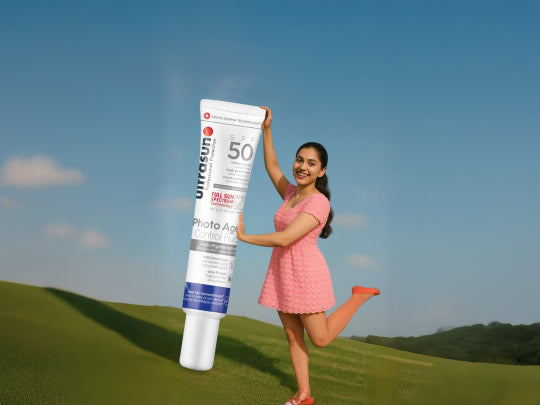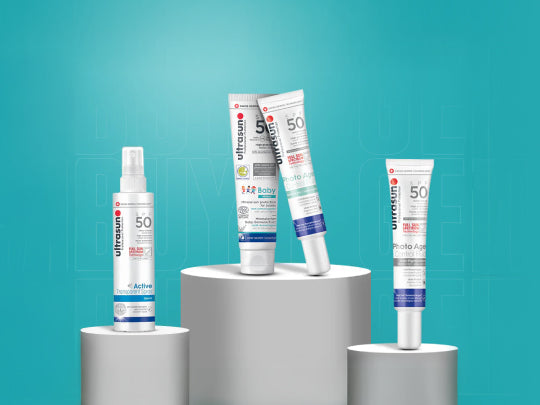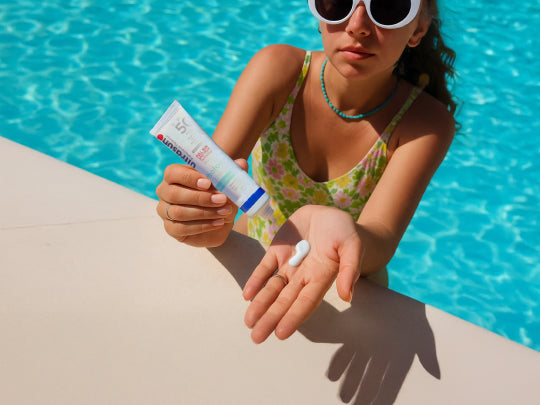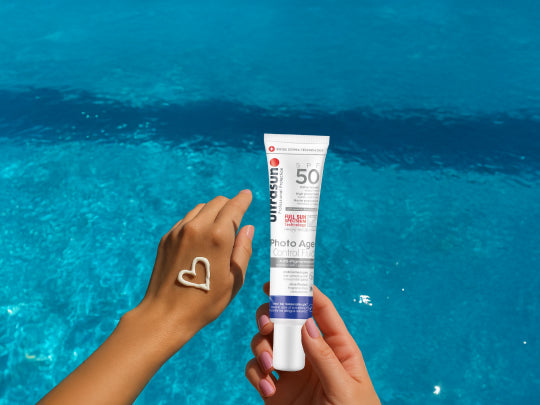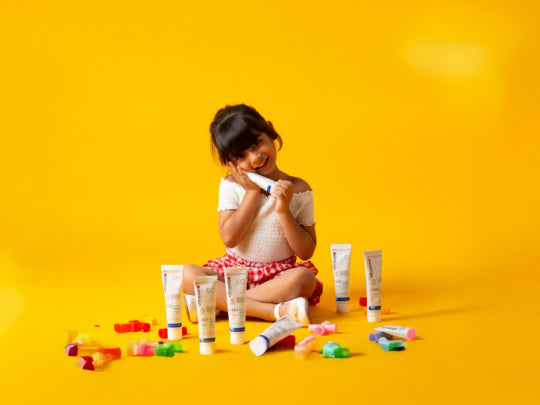Parents' priority is the health and safety of their little ones, especially when it comes to protecting their sensitive skin from the sun's harmful rays. The quest for the ideal baby sunscreen involves not only finding a product that offers robust protection but also one that is gentle and free from potentially harmful ingredients. This comprehensive guide is dedicated to helping you choose the best sunscreen for babies and infants with sensitive skin, ensuring they are shielded effectively without exposure to questionable ingredients.
Understanding the Need for Sunscreen in Babies
Babies' skin is thinner and more delicate than that of adults, making them more vulnerable to the sun's damaging effects. UV exposure can lead to immediate discomfort and long-term skin health issues. Hence, incorporating a suitable sunscreen into your baby's daily care routine is crucial for their protection.
Selecting the Right Sunscreen: What to Look For
When choosing a sunscreen for your baby, especially those with sensitive skin, consider the following essential criteria:
- Broad-Spectrum Protection: Opt for sunscreens that Guard against both UVA and UVB rays, IR & BLUE LIGHT PROTECTION providing comprehensive sun safety.
- Mineral Formulas: Mineral (physical) sunscreens with active ingredients like zinc oxide or titanium dioxide are preferred for sensitive skin. They create a barrier on the skin's surface, reflecting UV rays away.
- SPF 30 or Above: Dermatologists recommend sunscreens with an SPF of at least 30 for effective sun protection.
- Water Resistance: Choose a sunscreen that remains effective during water play, though remember that reapplication is necessary after swimming or sweating.
Crucial Ingredient Considerations: What to Avoid
In addition to what your sunscreen should contain, it's equally important to know which ingredients to avoid. For babies with sensitive skin, steering clear of certain chemicals and additives can prevent irritation and allergic reactions:
- Avoid Questionable Ingredients: Parabens, phthalates, oxybenzone, and avobenzone are among the ingredients considered potentially harmful and irritating for sensitive skin. These can disrupt hormones or cause skin allergies and should be avoided in baby sunscreens.
- Fragrance-Free and Hypoallergenic: Fragrances, even those derived from natural sources, can irritate sensitive skin. Hypoallergenic products are formulated to minimize the risk of allergic reactions.
Recommended Sunscreens for Sensitive Baby Skin – Eco Sun Pass Approved
Ultrasun Mineral-Based Baby Sunscreen SPF 50 PA++++, is a Non-Greasy, Non-Sticky, 0% Chemical Filter with Vitamin C, Vitamin E, and Zinc Oxide which is the Safest Ingredient for Children’s Skin
Tips for Applying Sunscreen on Babies
- Patch Test: Always perform a patch test with a new sunscreen to ensure there's no allergic reaction.
- Apply Generously and Evenly: Cover all exposed areas of your baby's skin and remember to reapply every two hours or after swimming or sweating.
- Start Sun Protection Early: It's never too early to start sun protection habits, but always consult with a pediatrician before applying sunscreen to infants under 6 months.
Make Your Little One Enjoy a Sun-Protected Summer with Little Rituals
Choosing the right sunscreen for your baby or infant with sensitive skin is a vital step in ensuring their comfort and safety during outdoor activities. By selecting a product that meets the recommended criteria and avoids questionable ingredients, you can enjoy peace of mind knowing your little one's skin is well-protected. Remember, sun protection is just one part of a holistic approach to skincare and safety, which should also include seeking shade and wearing protective clothing.


